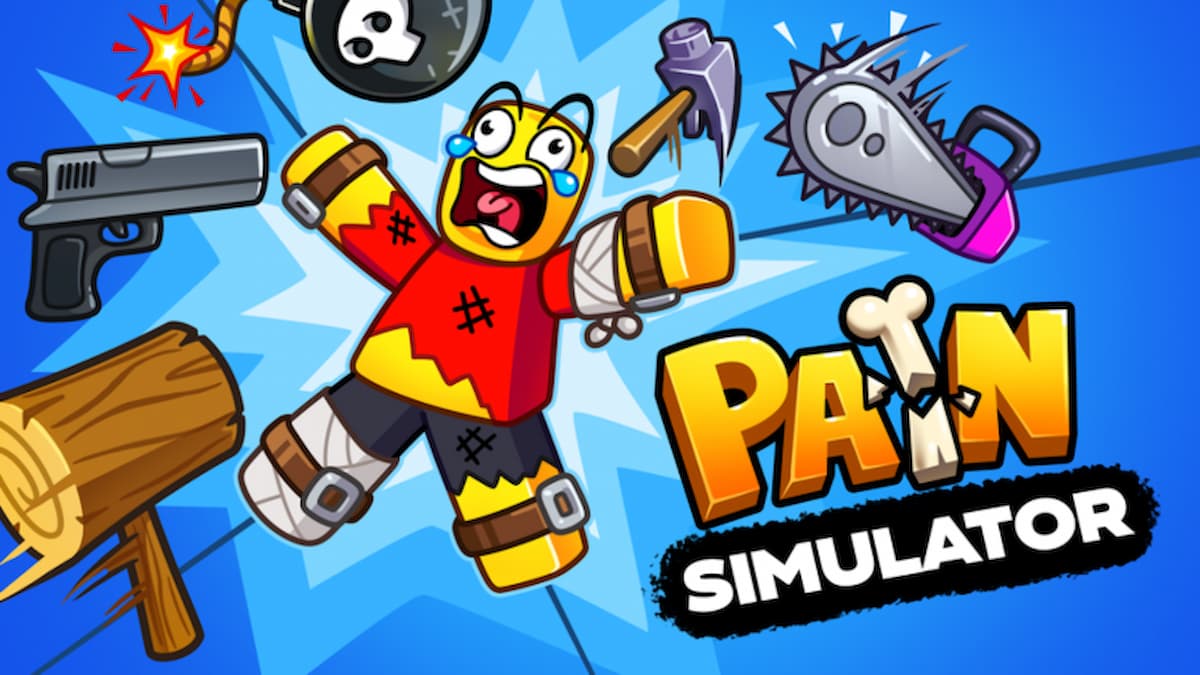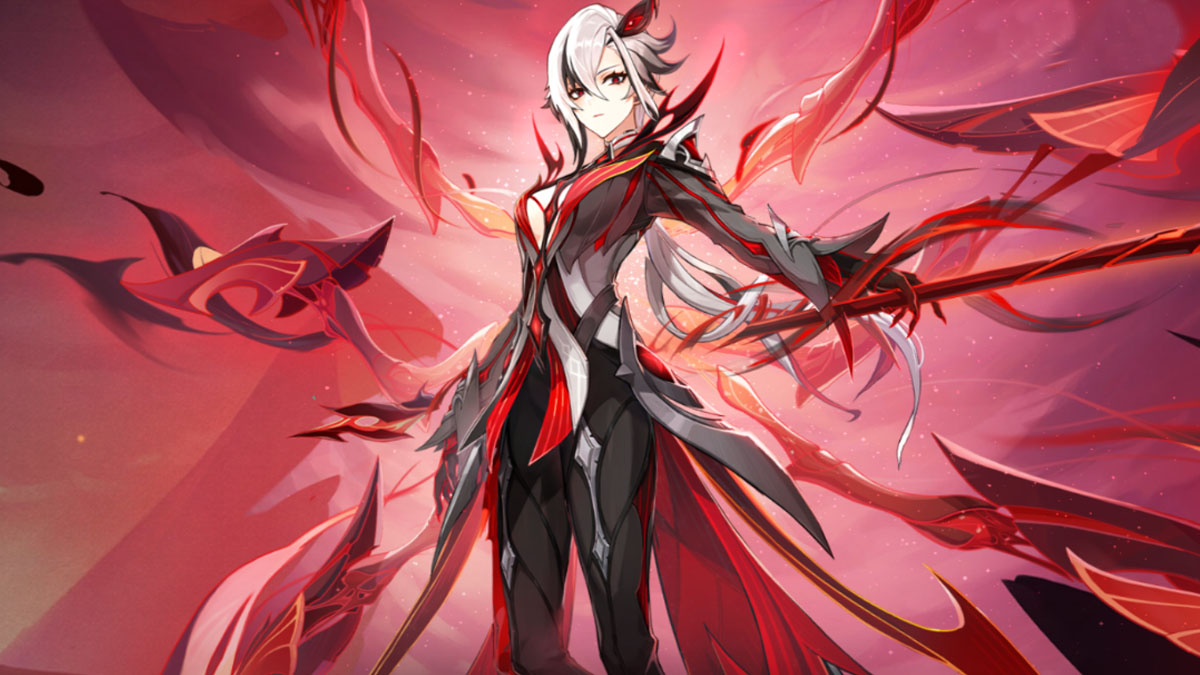This piece is brought to you by SFU Beedie School of Business.
Video game development is one of the most sought-after careers among the generation entering the workforce. That means competition to land jobs and funding is at an all-time high in the development space.
If you’ve ever considered working in gaming, you’ve likely wondered what it takes to break into the industry. How can you develop the skills you need to become a creative director or even lead a studio? Is it enough to have hard skills in programming or art, or do you need other skills to stand out from the crowd?
“There are many different ways to enter the gaming industry,” said Alex Li, an associate brand manager at Electronic Arts. As part of the marketing team working out of the company’s Vancouver office, he’s quick to recognize that getting into gaming can be a challenge.
“Initially, when I joined EA, I supported the marketing team by just capturing screenshots,” Alex said. “Your first job in gaming could be as simple as that.”
Industries like gaming can often feel impenetrable, even to those with technical skills in programming and art. The right program and experiences can make a big difference to employers, and your skill set.

photo credit: greg ehlers
The Beedie School of Business at Simon Fraser University (SFU Beedie) has fostered many talented developers and publishers in the gaming space. A large part of their success has to do with the experiential learning opportunities they offer their students.
In an industry known for keeping its projects under lock and key, having the opportunity to work with a leading developer during your undergraduate degree can set you apart and help define the roles you might consider.
For Ryan Tonkin, a game analyst at Hothead Games, getting first-hand experience with data analytics while studying for his Bachelor of Business Administration was a core part of his preparation for a career in gaming. “I worked with a team at Electronic Arts that analyzed data for one of their projects during my co-op, and that’s when I realized I really enjoyed it,” he said. “That helped me to land my current role.”
“It can be really hard to get information about the industry from the outside,” explained Tamara Orlova. “My co-op was invaluable. You can learn a lot from online tutorials, but you can’t learn the industry information you need.”
While studying at SFU Beedie, Tamara landed a co-op position with a studio. Thanks to that experience, she’s now an assistant lead artist at JumpStart Games.
“The gaming industry is really open to applicants with any background,” she said. “The things they care about are your portfolio, your personal projects, if you’ve done game jams, and any practical experience you have.”
In his role as an analyst, Ryan works directly with the game designers to improve the player experience. “It’s my job to go in and try to improve the game with the data we’ve captured by sharing the data in a way that the developers can best understand and use it,” he said. “Being able to break down information and communicate it clearly is valued quite highly.”
Both on the side of development and publishing, Alex, Tamara, and Ryan all agreed that they wouldn’t have gotten their start in gaming if it weren’t for the experiences they had through SFU Beedie.
But just getting into the industry is only part of the equation. If you’re striving to move into a managerial or leadership position, you’ll need to bring something more than your creative or technical prowess to the table. Even at larger publishers and developers, leaders need to balance making games with seeing the larger picture.

“Making games is a business. You get customers, you get investments, and you need to consider the marketing. You can’t just focus on making the game; you need to think about all stakeholders involved,” said Tamara.
Even among the highest-profile executives, there are certain skills that allow leaders to be effective beyond their business acumen or technical expertise. Phil Spencer is one of the most dynamic figures in the industry right now. As Microsoft’s executive vice president of gaming, he’s made headlines through his efforts to turn around what was a disappointing launch for the company’s last console. Since he stepped into his role as the head of Xbox in 2014, he’s made major strides not only to improve the image of the brand but also to make gaming more inclusive and consumer-friendly.
How has Spencer succeeded where others have failed? It comes down to his wide range of abilities.
To an outsider, his transition from a developer in the early 1990s on projects like
Encarta to being the general manager of Microsoft Studios in 2003 might seem like a major leap, but for Alex, the transition flowed logically from the skills he’d developed.
“In terms of essential skills, leadership is a big one,” he said. “Being able to drive home a project is key. You also need to have an analytical mind. You don’t need to be in analytics, but you should understand how to translate player and business data into meaningful ideas.”
Empathy and communication are also core parts of that skill set. “Understanding the needs of different teams and positions — and being able to synthesize that information to communicate it clearly — is another major skill,” he said.

Whether you’re looking to go down the development, publishing, or creative route, having a deeper understanding of the industry is essential to moving up in the world of gaming. Helping your team to not only make great games but also secure partners, improve the player experience, and foster future talent through mentoring are ways that will secure the company’s future and your own.
There’s no better place to start than a post-secondary program that mirrors the job you’re looking to land. “The only way that I am where I am right now is because of my experience through the program at SFU Beedie,” said Ryan. “It modeled so closely what I do now.”
And if you have larger ambitions, developing your business skills is one of the best ways to further your career according to Tamara. “The gaming industry is huge,” she said. “People who know how to work with data, who know how to present, will be leaders.”
If you want to work in gaming, the best way to start is through experience. Whether you’re participating in a hackathon, working as a co-op student at a major studio, or building data models for a startup, SFU Beedie provides you with the opportunities you need to start your career.





